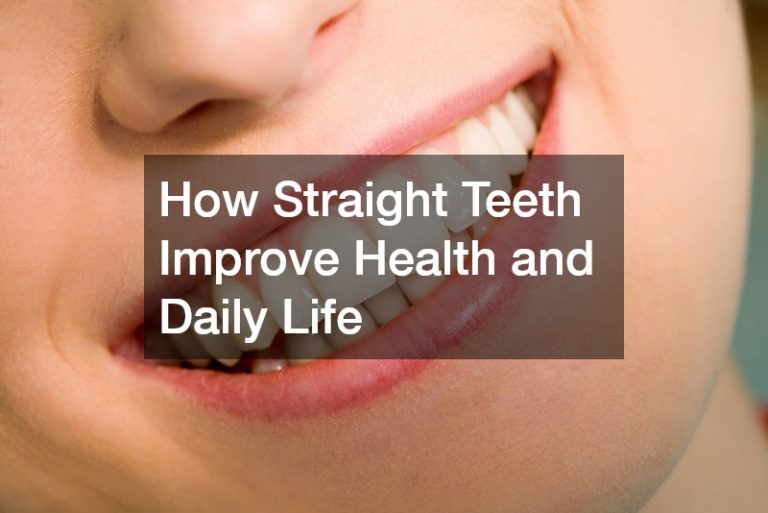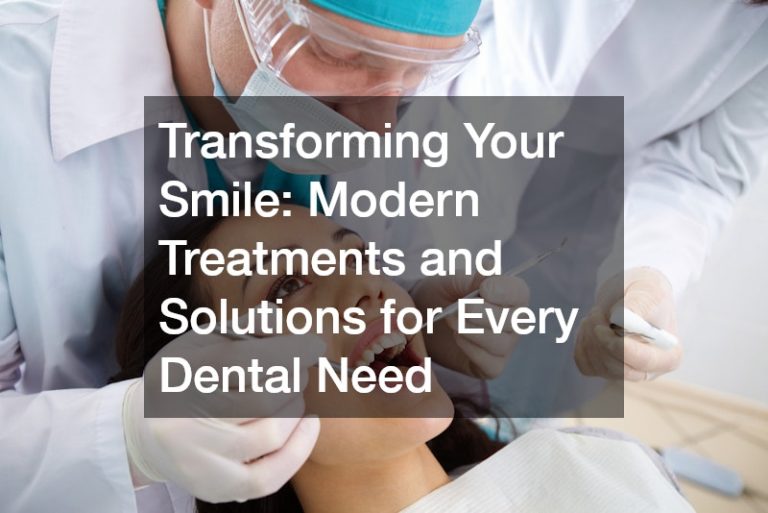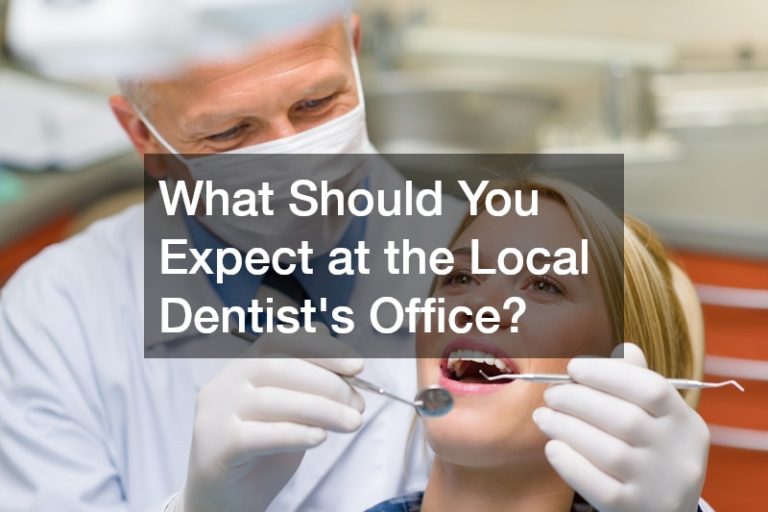
Why Is Dental Care Important?
Dentistry is an important field, the caring for our teeth and gums is imperative to living healthy. However, caring for teeth can be difficult for most in the U.S, not to mention expensive because there is a lack of affordable healthcare to top dentist—many people are without adequate for care for their teeth. There is an apparent dental care crisis in the U.S, in 2012 it was reported that more than 100 million Americans didn’t go the dentist because they can’t afford it, and the number has only tripled according to recent reports. The wealth gap has grown even more substantial, meaning more Americans are uninsured than ever before, and many lower-income Americans rely on voluntary pop-up clients that offer free teeth cleanings and whitening in attempts to help the country’s massive dental crisis. However, it’s imperative our country does more for those who can merely not affordable even primary dental care—mortality rates are gradually increasing from tooth decay that hasn’t been a factor since the turn of the 20th century.
Because Americans cannot afford a good dentist with quality dental care, they often resort to desperate measurements such as homemade dental care that provides a possibility of alleviating some pain. Most of these remedies are extremely dangerous and painful and typically use household appliances to remove or pull teeth that are rotten or decayed—this leads to ER visits because these methods cause other medical issues that could eventually lead to death. The effects on people without dental care are both tragic and heartfelt. Unfortunately, dental treatment is becoming more challenging to get, and people are taking a risk on unreliable, unsafe methods that yield uncertain results. Dental care is a manageable situation that is being overlooked through greed and selfishness, providing affordable healthcare to everyone would alleviate the amount of suffering people endure every day that offers such a simple solution.
Are There Dental Offices That Provide Free Dental Care?
Many dental clinics offer a sliding scale fee for lower-income individuals and families, but most do not provide any free services. Free dental services are often provided through dental schools and pop-up dental clinics. However, some top dentists offer very-reduced costs for quality dental care—one of these top dentists reside in Texas, and their dental office was ranked best dental office in Austin, Texas and top dentist in Austin, Texas. The quality care provided is unparalleled by many, within and outside of Austin, as they give the all-around best care for all age groups.
Where Can I Find Low-Cost Dental Care?
There are various resources for adequate dental care, including local health departments, medical insurance programs, dental schools, and other state and local resources. Some of these resources prove extremely helpful to lower-income individuals or minors under unusual circumstances that are unable to apply for insurance.
1. Local Health Departments: Your local health department offers services like Health Resources and Service Administration that supports federally funded community health centers. These centers can provide free or reduced dental services, depending on the severity of your situation.
2. Medicare/Medicaid/Child Health Insurance Program: Medicare is a health insurance program for citizens 65+ with specific disabilities; dental coverage is limited. Medicaid is a state medical program that provides medical benefits to those who are eligible, but dental benefits aren’t necessarily promised. Most states provide limited emergency dental services or comprehensive services for those 21+. Finally, CHIP focuses on children up until the age of 19 who are without health insurance. Dental services vary throughout states.
3. Dental Schools: Dental school are under the American Dental Association and can provide quality, reduced dental treatment that also allows dental students to gain first-hand experience in treating patients. There are also dental hygiene schools covered under the American Dental Hygienists’’ Association that sometimes offer low-cost preventative dental care in exchange for student’s experience.
4. Clinical Trials: The National Institutes of Dental and Craniofacial Research offers dental care in exchange for volunteers who suffer from specific dental, oral, and craniofacial conditions to participate in research students. Sometimes these trials offer free or reduced dental treatment depending on the study.


